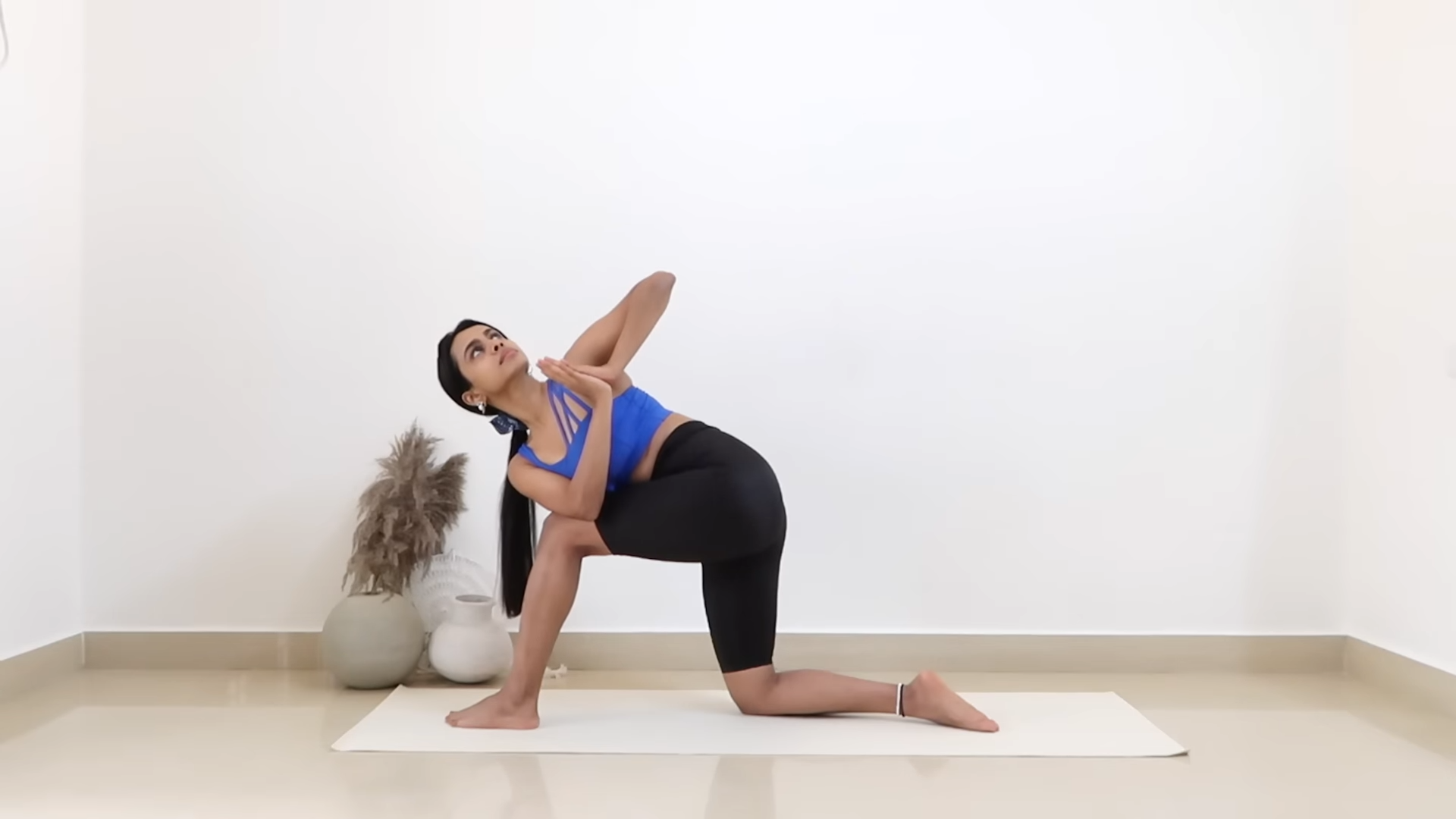Hatha Yoga is an excellent practice for women looking to enhance flexibility and manage stress. This style of yoga focuses on physical postures, breathing techniques, and relaxation exercises, which work together to improve overall body flexibility and mental well-being. By incorporating Hatha Yoga into a regular routine, women can experience a gradual increase in flexibility, leading to greater ease in daily activities and reduced physical tension.
Beyond physical benefits, Hatha Yoga also serves as a powerful tool for stress management. The practice emphasizes mindful breathing and mental focus, helping to calm the mind and alleviate anxiety. Regular sessions not only enhance physical flexibility but also foster emotional balance, making Hatha Yoga a holistic approach to maintaining both physical and mental health.
Understanding the benefits of Hatha Yoga can provide valuable insights into its role in enhancing flexibility and managing stress. Exploring the specific aspects of Hatha Yoga will reveal how its practice contributes to overall well-being.
Improving Flexibility with Hatha Yoga
Hatha Yoga is highly effective for improving flexibility due to its emphasis on various physical postures and stretches. Regular practice helps to lengthen and strengthen muscles, which gradually increases the range of motion in joints. Women who incorporate Hatha Yoga into their routine can expect a noticeable improvement in flexibility, making everyday movements easier and more fluid. This enhanced flexibility also reduces the risk of injury and promotes better posture.
To effectively improve flexibility, Hatha Yoga focuses on specific physical postures and stretches. By incorporating these practices regularly, one can experience significant benefits. The following subheadings will elaborate on how these elements contribute to improved flexibility and overall well-being.
1. Enhancing Range of Motion Through Physical Postures
Hatha Yoga’s physical postures are designed to lengthen and strengthen muscles, which plays a key role in increasing joint mobility. By consistently practicing these poses, women can gradually improve their range of motion, leading to greater ease in everyday movements. This improvement not only facilitates smoother physical activity but also contributes to better alignment and reduces the risk of injuries related to stiffness and muscle strain.
2. Strengthening Muscles and Reducing Injury Risk
Regular engagement in Hatha Yoga strengthens the muscles that support the joints, thereby enhancing flexibility and stability. The practice involves a variety of stretches that target different muscle groups, which helps to prevent injuries by improving muscle elasticity and joint support. Over time, this strengthening effect reduces the likelihood of strain or sprain, while promoting more fluid and controlled movements during daily activities.
Managing Stress through Breathing and Relaxation
In addition to its physical benefits, Hatha Yoga is a powerful tool for stress management through its focus on breathing techniques and relaxation. The practice encourages mindful breathing and relaxation exercises that help to calm the nervous system and reduce anxiety. By incorporating these techniques, women can experience a reduction in stress levels, improved mental clarity, and a greater sense of overall peace. Regular practice of Hatha Yoga supports emotional balance and enhances overall mental well-being.
To fully grasp the benefits of Hatha Yoga, it is important to understand how its techniques contribute to both physical and mental well-being. The following sections will explore how specific aspects of Hatha Yoga aid in stress management and enhance emotional balance.
1. Calming the Nervous System Through Mindful Breathing
Hatha Yoga emphasizes mindful breathing techniques that are essential for stress management. These breathing exercises help calm the nervous system, reducing anxiety and promoting relaxation. By focusing on slow, deep breaths, women can activate the parasympathetic nervous system, which counteracts the effects of stress and fosters a sense of tranquility. Regular practice of these techniques enhances mental clarity and supports overall emotional well-being.
2. Enhancing Emotional Balance with Relaxation Exercises
In addition to mindful breathing, Hatha Yoga incorporates relaxation exercises that significantly contribute to emotional balance. These exercises, such as guided relaxation and meditation, help to soothe the mind and reduce stress. By regularly practicing these relaxation techniques, women can experience improved mood stability and a greater sense of inner peace. This holistic approach not only manages stress effectively but also promotes a healthier and more balanced emotional state.
Conclusion: Hatha Yoga for Enhanced Flexibility and Stress Relief
Hatha Yoga proves to be a highly beneficial practice for women seeking to improve both flexibility and stress management. By integrating physical postures, breathing techniques, and relaxation exercises, it promotes a gradual increase in body flexibility and helps alleviate physical tension. Regular engagement in Hatha Yoga not only enhances overall flexibility but also fosters a more relaxed and balanced state of mind, making it an effective tool for managing daily stress and improving well-being.
Incorporating Hatha Yoga into a consistent routine offers significant advantages for overall health. The physical benefits include improved range of motion and ease in daily activities, while the mental benefits involve reduced stress and enhanced emotional balance. By committing to this holistic practice, women can achieve a harmonious blend of physical flexibility and mental tranquility, contributing to a more balanced and fulfilling lifestyle.








